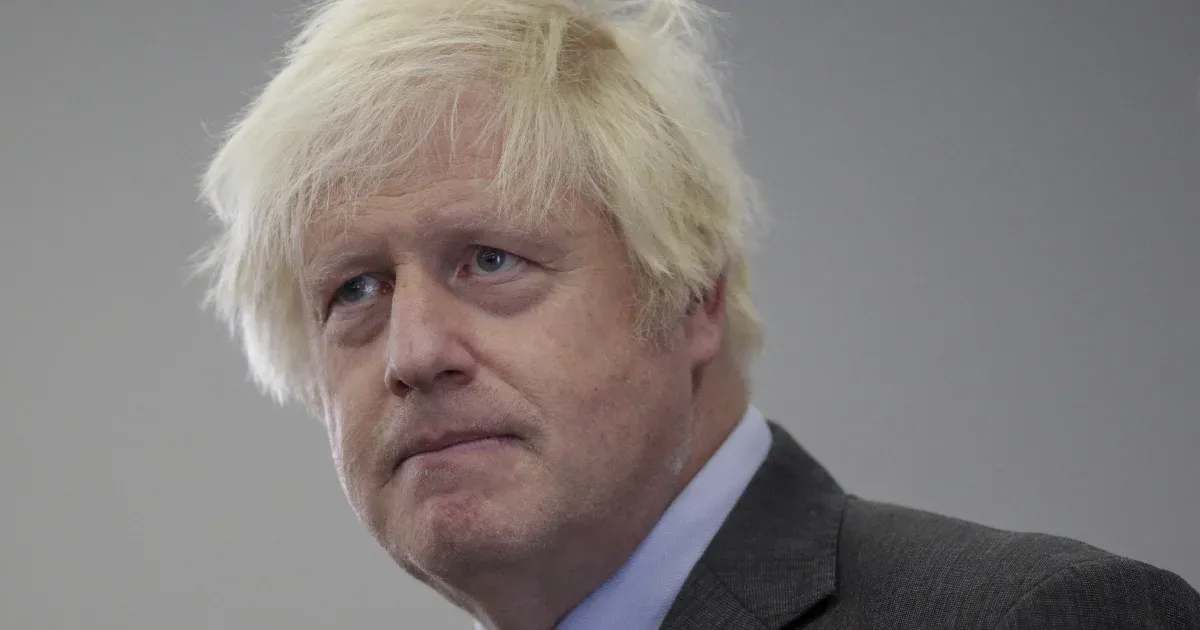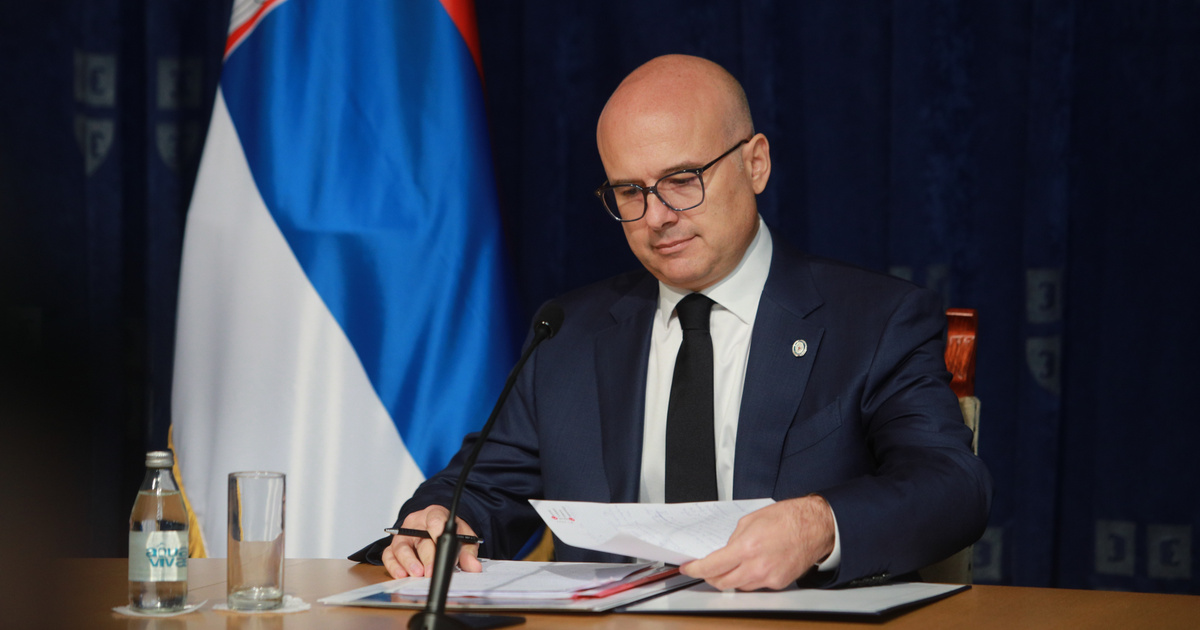Latest forecasts, the overall picture is not very good
Slovakia’s Finance Ministry recently revised its economic forecasts and expects slower growth for the country’s economy by 2024 than previously projected, Reuters reports. The Slovak economy also showed low growth in previous years.
In an updated forecast released Thursday, management provided a spreadsheet that compares its new forecasts with those made in February. According to the data, GDP will grow by 1.2% in 2023, compared to the previous forecast of 1.3%..
In 2024, GDP is expected to grow by 1.3%, which is significantly lower than the previous estimate of 1.8%.
However, by 2025, the GDP growth rate is expected to rebound to 3.1%, which is slightly higher than the previous forecast of 2.7%.
The ministry also reported on other key economic indicators, such as inflation and the unemployment rate. The CPI, which measures natural domestic inflation, is expected to average 10.6% in 2023, up from the previous estimate of 9.8%. After that, it will drop to 4.8% in 2024, below the original forecast of 5.3%, and then drop to 3% in 2025.
The unemployment rate is expected to increase slightly compared to previous estimates: to 6.1% in 2023; to 5.7% in 2024.
Finally, real wages—calculated as average annual wages calculated in real terms—are expected to decline by -0.6% this year, and then increase by about 2% in the following years: specifically, the estimated growth rate would be approximately +2.2% and +2.7% in 2024 and 2025.
So far, the picture has not turned out very well either
Slovakia has suffered much more from the crown and power crisis than other countries in the region, but even before that, growth was below the regional average. According to the data sent to Eurostat by the Slovak Statistical Office, the relative development of Slovakia has decreased in previous years, but the methodology for reporting data – as it is widely known in Slovakia – is definitely flawed.
Mihaly Horvat, Slovakia’s finance minister, said in an interview with Portfolio in June that while the relative decline seen in the official figures has certainly not happened in reality, it is clear that catch-up with the EU average has slowed significantly. .
Horvath, who previously worked as an economist, explained the slowdown by saying that the Slovak economy could not move organically to a higher level of development, stuck with an economic model based on “assembly factories”, which, on the other hand, could not achieve a significant increase in productivity. This has been exacerbated by demographic factors, as Slovakia’s population is aging and young people are moving abroad en masse. In addition, it is a big problem that the current Slovak government has not been able to use EU funds for years due to the capabilities of the government apparatus.
According to him, the problem is known among Slovak economists, and countless proposals for solutions have already been presented, but there have always been problems in implementation, the political elite has decided to take short-term measures instead of public policy reforms, and thus the public budget deficit has also been overturned – In other words, standardization should take place in a more difficult environment.
In Slovakia, the past few years have been marked by political chaos. The multi-party government failed this spring after several changes. At that time, Lajos Odor, who was serving as vice-president of the Central Bank, took over the administration, and the chief economist of the Central Bank, Mihaly Horvath, became its finance minister. The expert government will temporarily lead the country, in the absence of parliamentary confidence, until the new government assumes power after the September elections. The current government’s room for maneuver is limited and, according to Horvath, it can fundamentally contribute to achieving a healthier macroeconomic path through bills, analyzes and budgets aimed at restoring balance.
Cover image: Getty Images











































